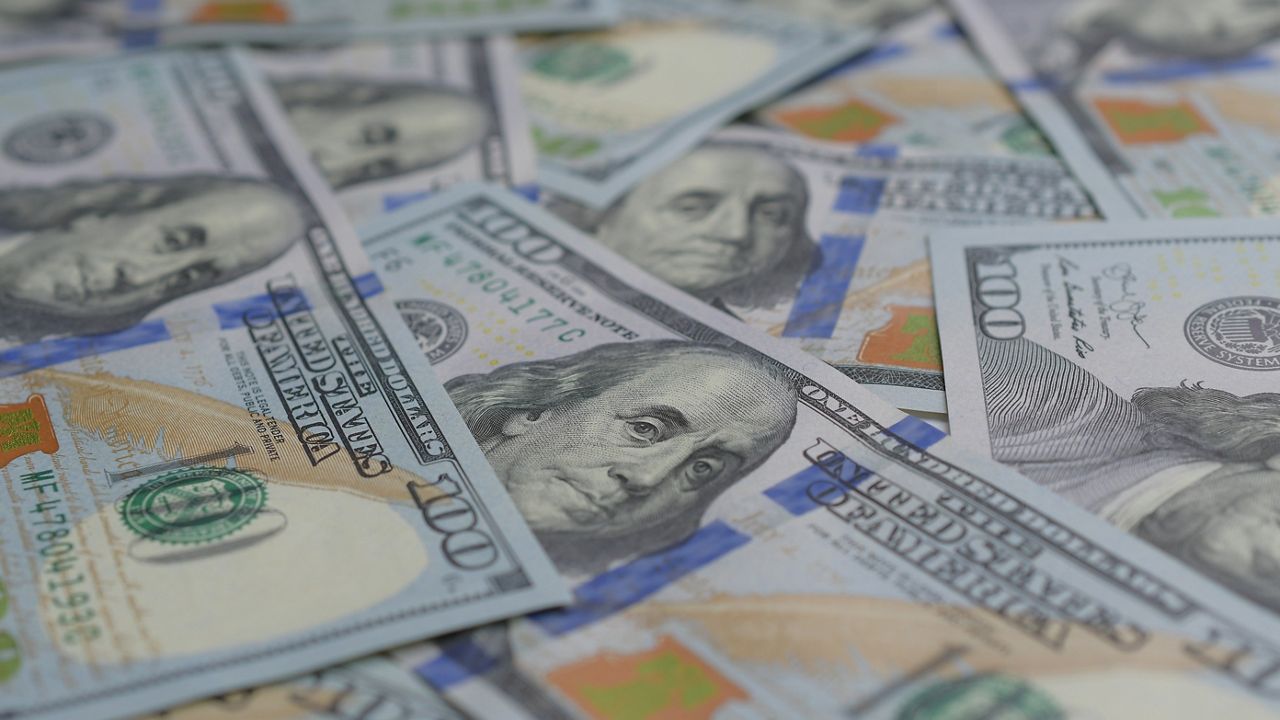Two heavy-hitter labor unions are joining an effort to opposed a measure that would add a tax surcharge on second homes in New York City.
The labor groups 32BJ SEIU and the Building and Construction Trades Council of Greater New York are among the groups in a new coalition formed to push back against the proposal, which is meant to target unoccupied piede-a-terres in New York City.
Taxing piede-a-terres have become a goal of progressives in the Legislature as a means of taxing rich people and wealth that, in some instances, is parked in unoccupied residential units.
Increasing taxes on New York's wealthiest is expected to be a major discussion in the 2021 legislative session, given the state's multi-billion dollar budget gap created by the economic fallout from the coronavirus pandemic. New York is seeking billions of dollars in aid from the federal government to make up the lost revenue this year.
Governor Andrew Cuomo has raised the possibility of increasing taxes on rich people in order to close the gap if the aid is not approved by Congress, along with a mix of spending reductions and borrowing in order to close the gap.
Outside of raising income tax rates, New York officials could find other ways of generating more revenue from richer New Yorkers, including a stock transfer tax and the piede-a-terre, which has stalled in the Legislature over the years.
But opposition from labor unions could play a role in how that debate goes forward. Labor leaders argue the measure would ultimately hurt their own members by have a trickle-down effect on property owners and new construction.
“We have over 35,000 residential members of our union in New York, and we recognize how our wages and healthcare benefits are supported in part by the homeowners we serve in the residential sector,” said SEIU 32BJ President Kyle Bragg, whose union represents doormen and women. “This tax creates an unequal burden on homeowners and could negatively impact our workers.”
A coalition called last week by the NYC Homeowners Coalition was formed to oppose the tax measure. It will include groups that have a stake in New York City's residential real estate sector like the Council of New York Cooperatives & Condominiums and the New York Residential Agent Continuum.
But labor leaders also tend to carry outsized clout in the halls of the Capital.
“While our lawmakers believe that the New Tax on Homeowners would only affect those at the top, they are neglecting to recognize the fact that this tax will negatively impact a range of industries – particularly building and construction,” said Gary LaBarbera, the president of the Building and Construction Trades Council of Greater New York.
“These existing and new homeowners support new construction projects across the city, and if we push them out, our workforce is at risk.”



